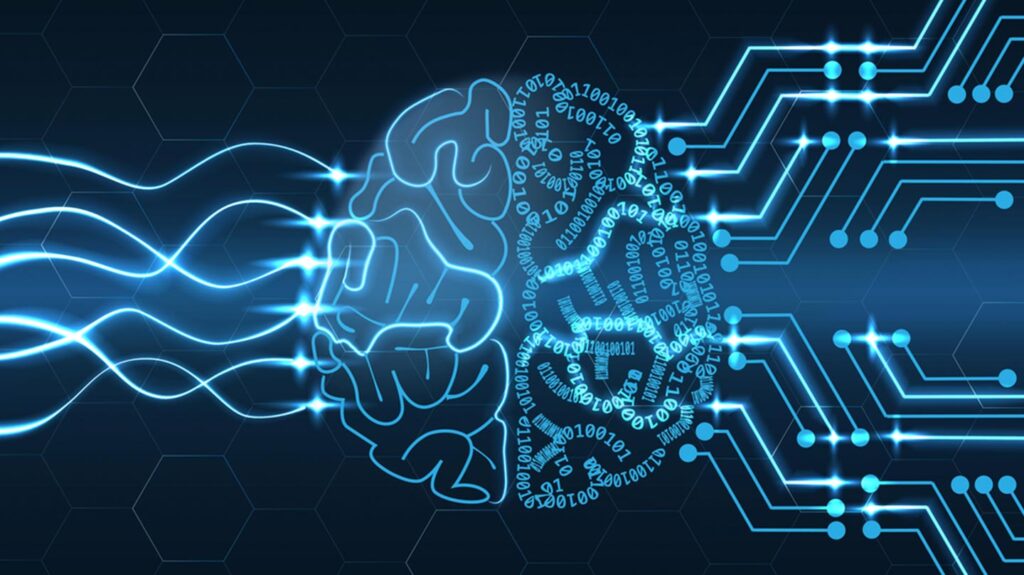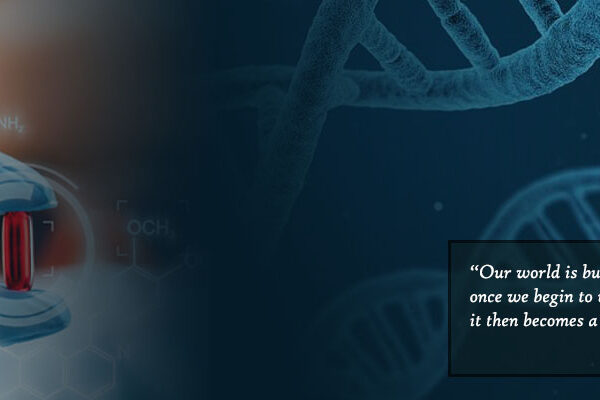Artificial intelligence (AI) defines and shapes the way products are consumed and services are delivered. Some of the technologies and products at the forefront of AI include programmes that can detect fraud, optimize logistics, as well as products such as self-driving cars and personalized entertainment services. Revolutionising the way, we interact with the world, these new technologies change our lives for the better.
technologies and products at the forefront of AI include programmes that can detect fraud, optimize logistics, as well as products such as self-driving cars and personalized entertainment services. Revolutionising the way, we interact with the world, these new technologies change our lives for the better.
Leading companies and some of the biggest names in tech believe that the time has come to see what AI has to offer. This will open a variety of new fields, such as ethics and risk assessment particular to AI technologies as we adapt to the newest and most important technologies.
Concerns are raised, however, on how artificial intelligence would reshape and affect our daily routines and policies. How will it redefine and reset parameters that have never been considered before? There are several unexplored areas when it comes to AI such as inequality and the distribution of wealth in society, liability in artificial mistakes, and how we prosecute, racism in robots, privacy and adversaries, preventing monopoly of technological advancement and last but not least should robots have rights?



